With the ongoing Covid-19 pandemic and the use of vaccines to combat it, vaccine hesitancy has emerged as an important public health issue with a potential effect on the duration and outcome of the pandemic. In this lecture, I would like to present the concept of vaccine hesitancy – its origin, meaning, social determinants and contemporary use in understanding behaviour and decision making in relation to vaccination against the Covid-19. Given that vaccine hesitancy is not a new phenomenon, the lecture will first demonstrate how and in what context the concept was introduced prior to the current pandemic. It will then proceed to the theoretical framework in order to present the meaning of vaccine hesitancy and various influences which have been identified to shape this behaviour. The aim of considering the aforementioned aspects is to provide the listeners with a basis for understanding the concept and the existing hesitancy related to Covid-19 vaccines in the European context. The lecture will also present in more detail some specific determinants of vaccine hesitancy in European countries, such as the current political trends, the influence of social media, the so-called “post-truth” era and postmodern medical paradigm. Finally, the lecture will address the differences in vaccine hesitancy between Western and Eastern Europe.
สามารถติดตามชมย้อนหลังได้ที่ https://fb.watch/buzBp8_VXD/
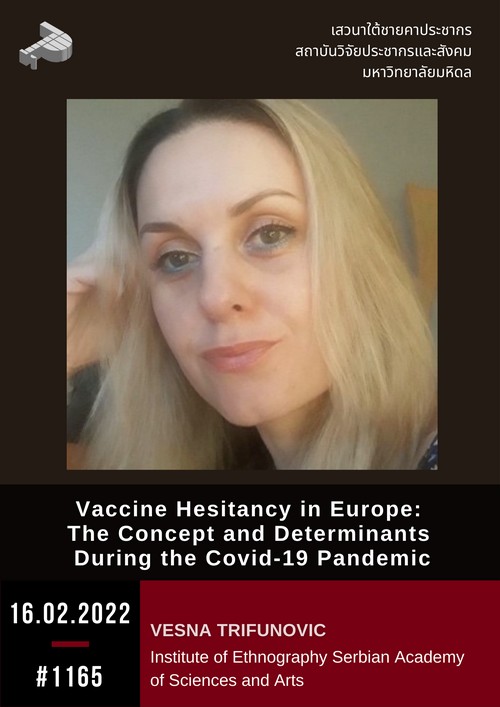
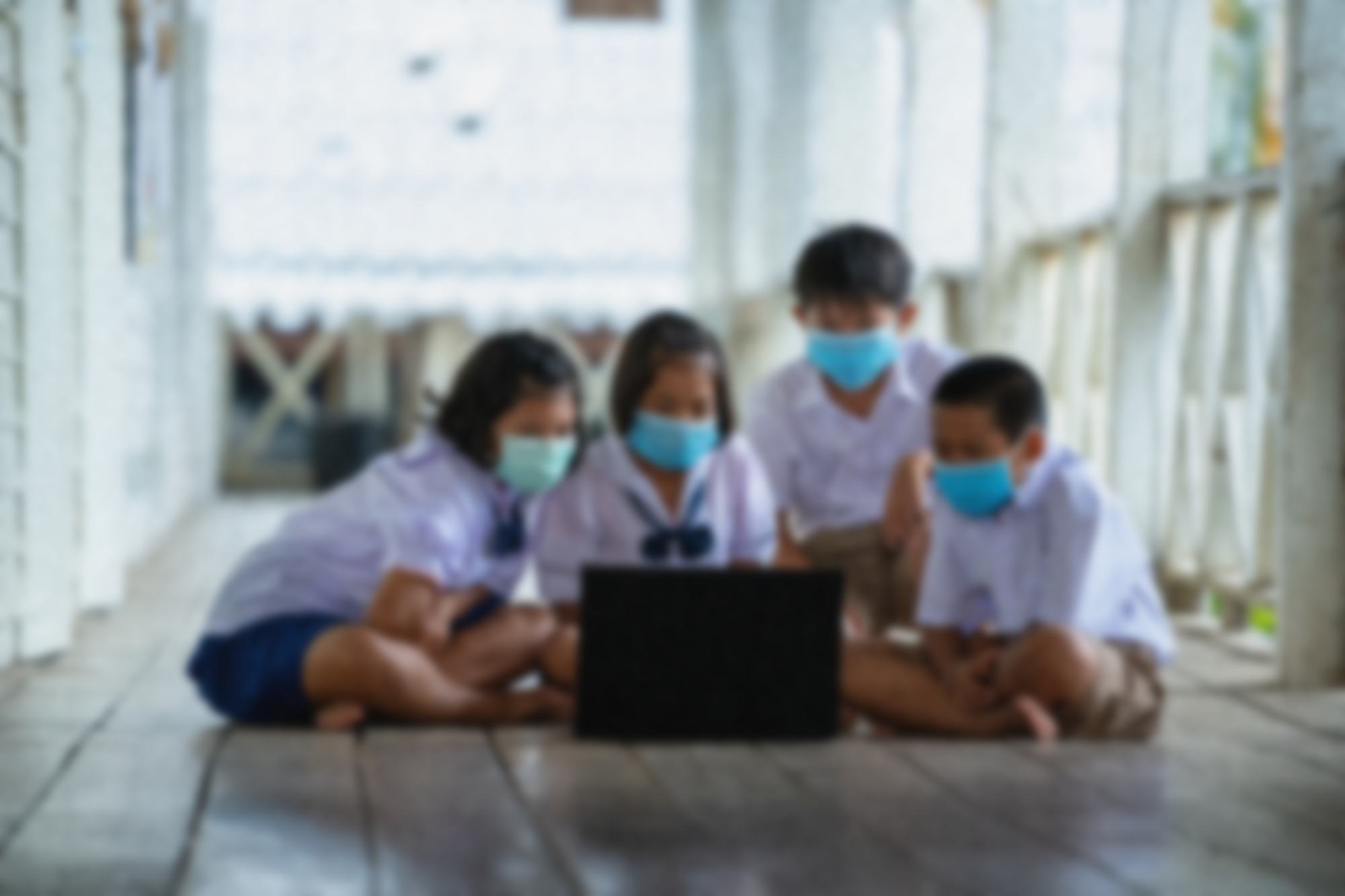
เฉลิมพล แจ่มจันทร์
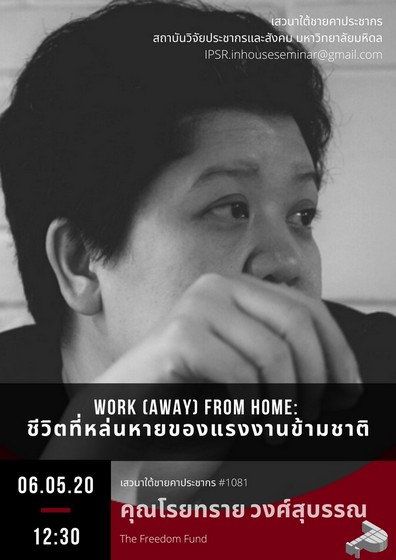
โรยทราย วงศ์สุบรรณ

ทิฆัมพร สิงโตมาศ

ชณุมา สัตยดิษฐ์

นิพนธ์ ดาราวุฒิมาประกรณ์

ภูเบศร์ สมุทรจักร

ภัทราภรณ์ จึงเลิศศิริ

ภัทราภรณ์ จึงเลิศศิริ
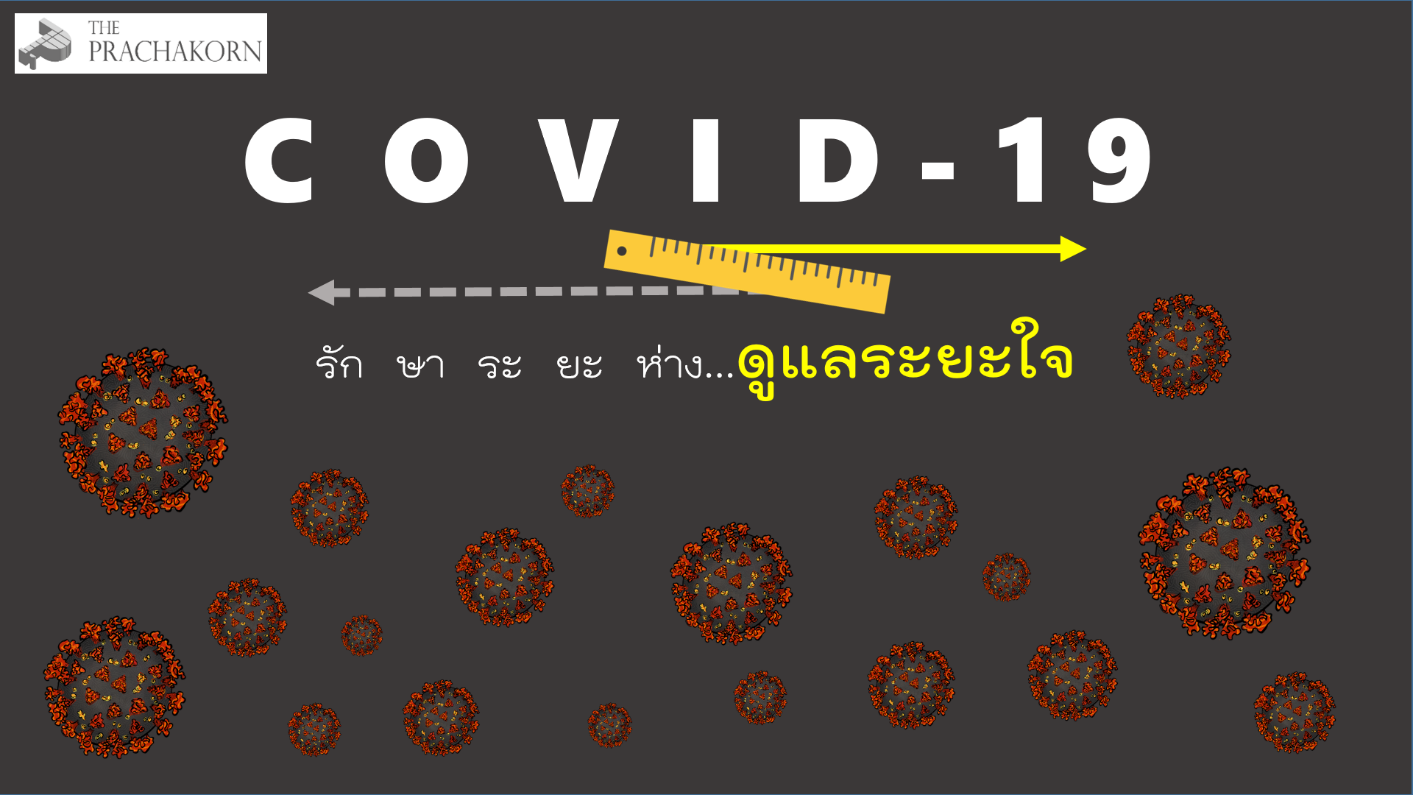
พงษ์ศักดิ์ สกุลทักษิณ,ปัทมา ว่าพัฒนวงศ์
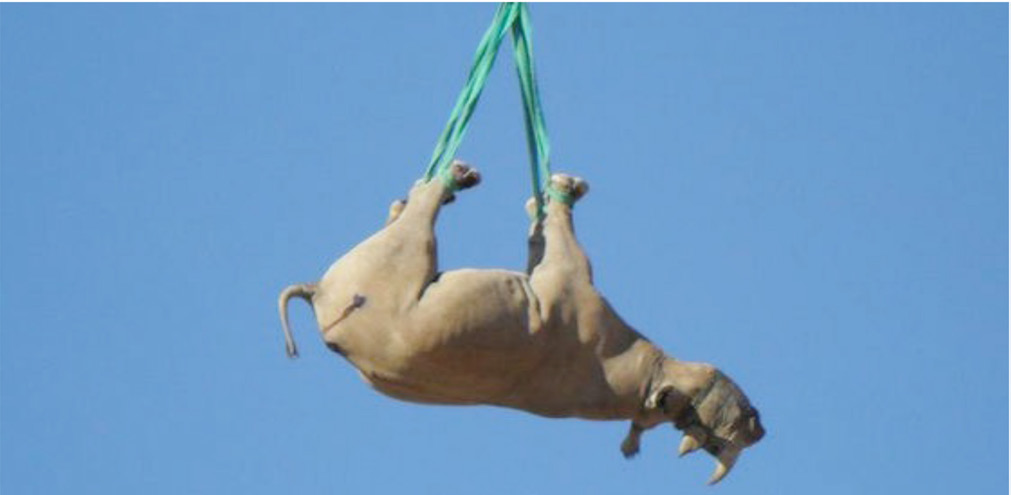
วรชัย ทองไทย

จงจิตต์ ฤทธิรงค์,พรสุรีย์ จิวนานนท์

ปราโมทย์ ประสาทกุล

ปราโมทย์ ประสาทกุล
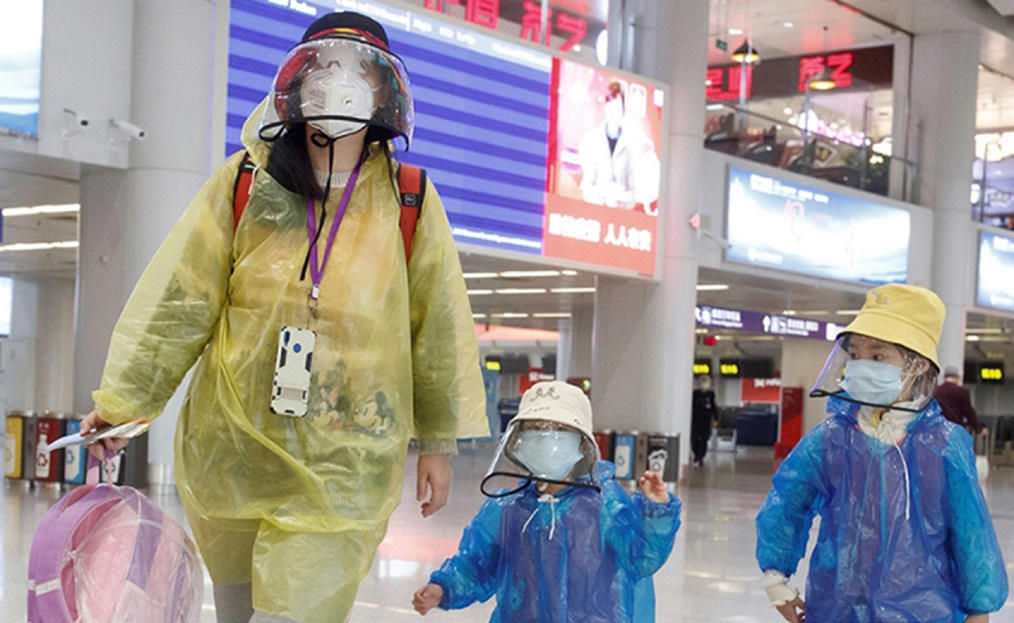
มนสิการ กาญจนะจิตรา
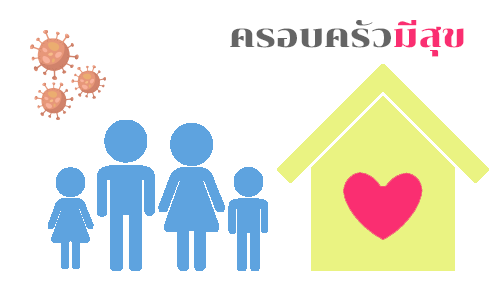
กัญญาพัชร สุทธิเกษม

ปราโมทย์ ประสาทกุล

นงนุช จินดารัตนาภรณ์

ดนุสรณ์ โพธารินทร์

สุภรต์ จรัสสิทธิ์
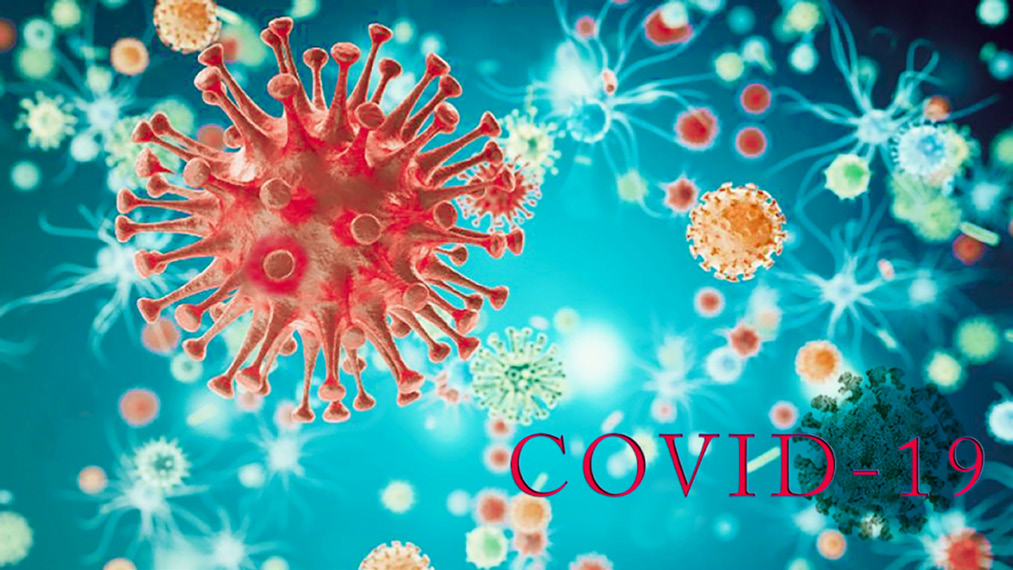
มนสิการ กาญจนะจิตรา